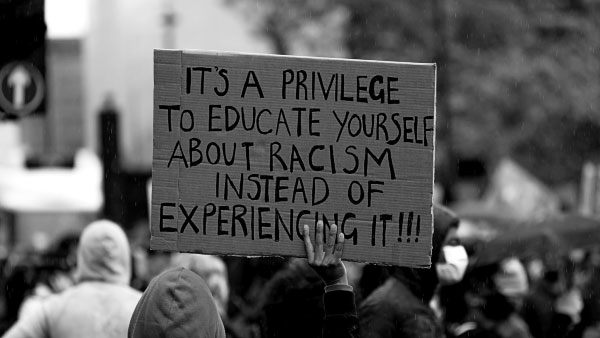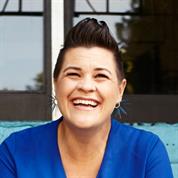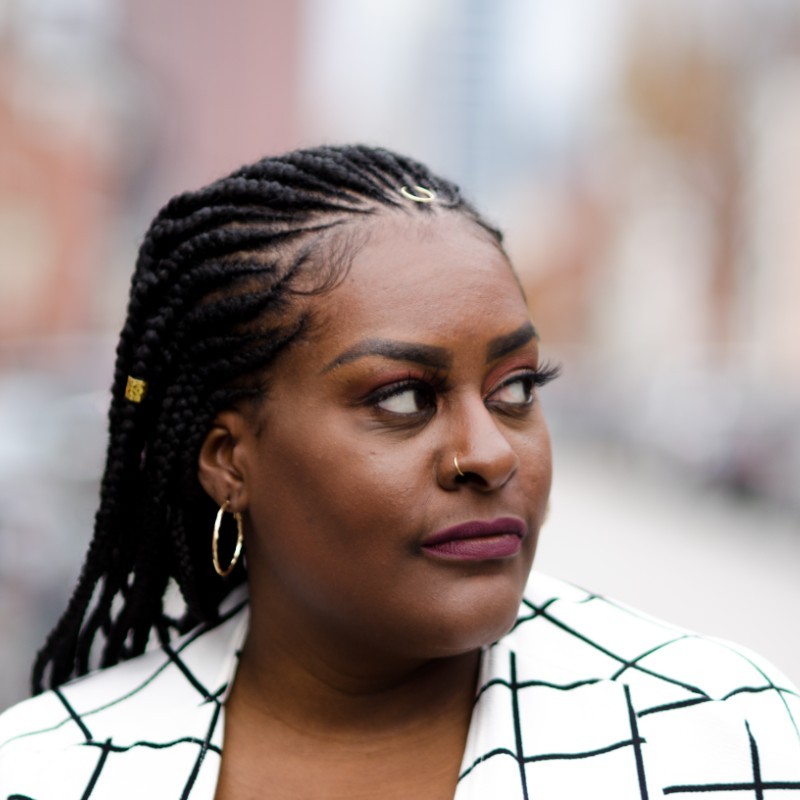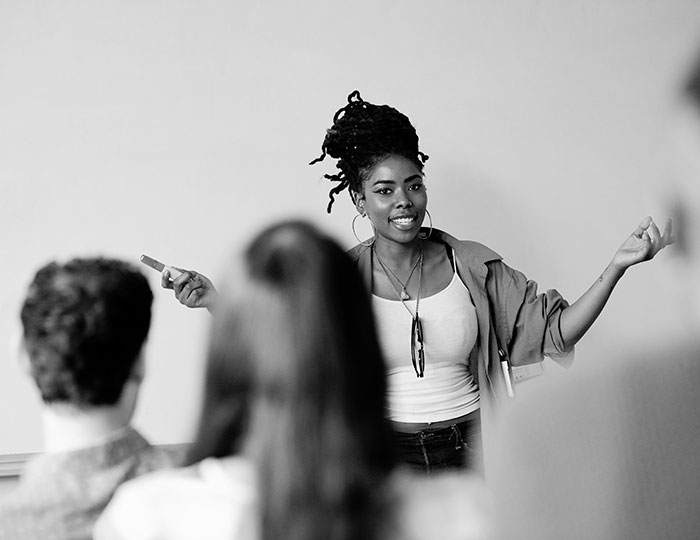How can we as individuals, and organisations like the RSA, which have had a relationship with colonialism and slavery, work now to disrupt and dismantle racism?
Melissa Bird, PhD FRSA and Crystal Lynese Walker argue that when we remain silent, we become complicit in maintaining the structures of white supremacy. By bringing awareness of our own past and belief systems to the work of disrupting racism, we can move forward as individuals and organisations.

The original image may be accessed via UnSplash and is the work of James Eades
Learning to face our histories in total truth is the cornerstone of disruption. Disrupting is all about upheaving, removing, cleansing, or rebuilding a new infrastructure, work that cannot be accomplished without acknowledging and uncovering the truth.
Those uncomfortable truths that seem like distant memories and horror stories are residing in our present and are evident in our behaviors, the systems we build, and the rules we create. As disruptors and leaders, it is important for us to bring awareness, test our knowledge, and strategically disrupt and dismantle racism and white supremacy.
We are not living in a society that is more sensitive, we are living in a world where people who have previously not been able to use their voices, now have platforms. We are living in a time of accountability where thanks to social media, we can witness gross displays of racism, which provide us with opportunities to change how we respond. Calling out racist behaviors, systems, or beliefs in a way that only modern times have been able to allow.
The information that we consume and the ability to share our experiences all mirror the truths we have tried to hide and run from. As we find ourselves grappling with a 24-hour news cycle that stokes the fires of outwardly racist language and microaggressions, leaders in the RSA are presented with a unique and timely opportunity to engage in anti-racist work in a new light.
As Fellows, we have been charged with the task of “resolving the challenges of our time.” This means disrupting the narrative that someone else will take care of this for us, dismantling the idea that our fear is more powerful than our opportunity to make a change, and discovering how to create a world that is no longer complicit in facilitating racist ideology.
To model this critical work, we, along with Bay Area Co-Ambassador Jaylena D Lomenech, MBA FRSA, facilitated Dismantling Racism: From History to Disruption to Representation in October 2020. During this workshop we gave concrete examples that Fellows could take with them into their communities to enact change. As Fellows, we have an opportunity to learn how we can become a critical component of dismantling racist structures and ideologies while learning how we can become a shepherd of a beloved community that recognizes that we are all interconnected in the work of deconstructing racism.
We challenge you to look within and do the work to dismantle and disrupt the patterns of white supremacy in your own communities. Take the time to read and learn from the works of people of color, recognize how your own belief systems may be rooted in racism and change your behavior accordingly.
Melissa Bird, PhD FRSA is the CEO of Natural Born Rebel, and Owner of The Mermaid’s Garden. A social worker by training, Dr. Bird is a passionate feminist life coach, writer, educator, and public speaker. She has been an RSA Fellow since 2018.
Prof. Crystal L. Walker is an Assistant Professor of Communication and Diversity Officer at Howard Community College (MD). An organizational strategist and DEI consultant, Prof. Walker is also the Founder of Crystal Clear Plan.
Related articles
-
Alliances to face a crisis
Comment
Alexa Clay Jamie Cooke Philipa Duthie
The Covid-19 pandemic has encouraged Fellows to get together and take action.
-
How to be an anti-racist educator
Blog
Laura Partridge
Reflecting, thinking long-term, and fixing what’s wrong with our schools.
-
Supporting a more inclusive education system in London
Blog
Mehak Tejani
How can we solve the challenge of reducing school exclusions?





Join the discussion
Comments
Please login to post a comment or reply
Don't have an account? Click here to register.
Thank you for the opportunity to make a difference in my community. I am humbled by the admonition delivered by James Eades' work/image.
Great to see this and looking forward to next events. The commitment to “resolving the challenges of our time" speaks to me and to the RSA Coaching Network as we also seek to 'decolonise' minds - to use the phrase of Frantz Fanon - of narratives that no longer serve us in the 21st century. We welcome and support this initiative and envisage potential collaborations. Best wishes, Amina
Do you agree that 1. People can be good or bad whatever their ethnicity? 2. That everyone is likely to have opinions that are influenced by their experiences?
I joined the Anti-Slavery Society as a student in 1968 while others were engaging in feel good demonstrations, I had attended what I thought was a historical lecture to learn that actual slavery (including kidnapping and markets) was still rampant along the East and West Coasts of Africa. My tutor had served in the Kumaon Regiment of the Indian Army during the run up to partition. He encouraged me to take what was probably the first African History course in a UK University to watch the memoirs and mythology of past and present being turned into history by a mix of retired colonial administrators and those who had studied alongside freedom fighters at University. En passant, I also learned that racism is far more complex than the black-white divide - except in those North American which declared independence from the United Kingdom in order to protect domestic slavery after the "mother country" had found it had no place in common law. It was not "just" Lord Chief Justice Mansfield and his legal judgements. Queen Caroline (George IIIs wife) is often included in lists of influential "women of colour". The memories from University stand me in good stead today in trying to organise co-operation across (and between) communities that have very different cultures and heritages but a common enemy ... patronising officialdom which "knows" what is good for them. Colonial attitudes are alive and well and institutionalised in our health, welfare and benefits quangocracy. And many of those who uphold them are not white. Can we please unpack what we mean by racism.
I'm taking up the challenge - I'm developing a diversity and inclusion course for communications professionals here in the UK with a D&I consultant (I'm a PR consultant). I believe as communications experts, it's our responsibility to help create a fairer and, therefore, healthier society, and as yet, this issue hasn't been addressed (as far as I am aware) within or by this industry.